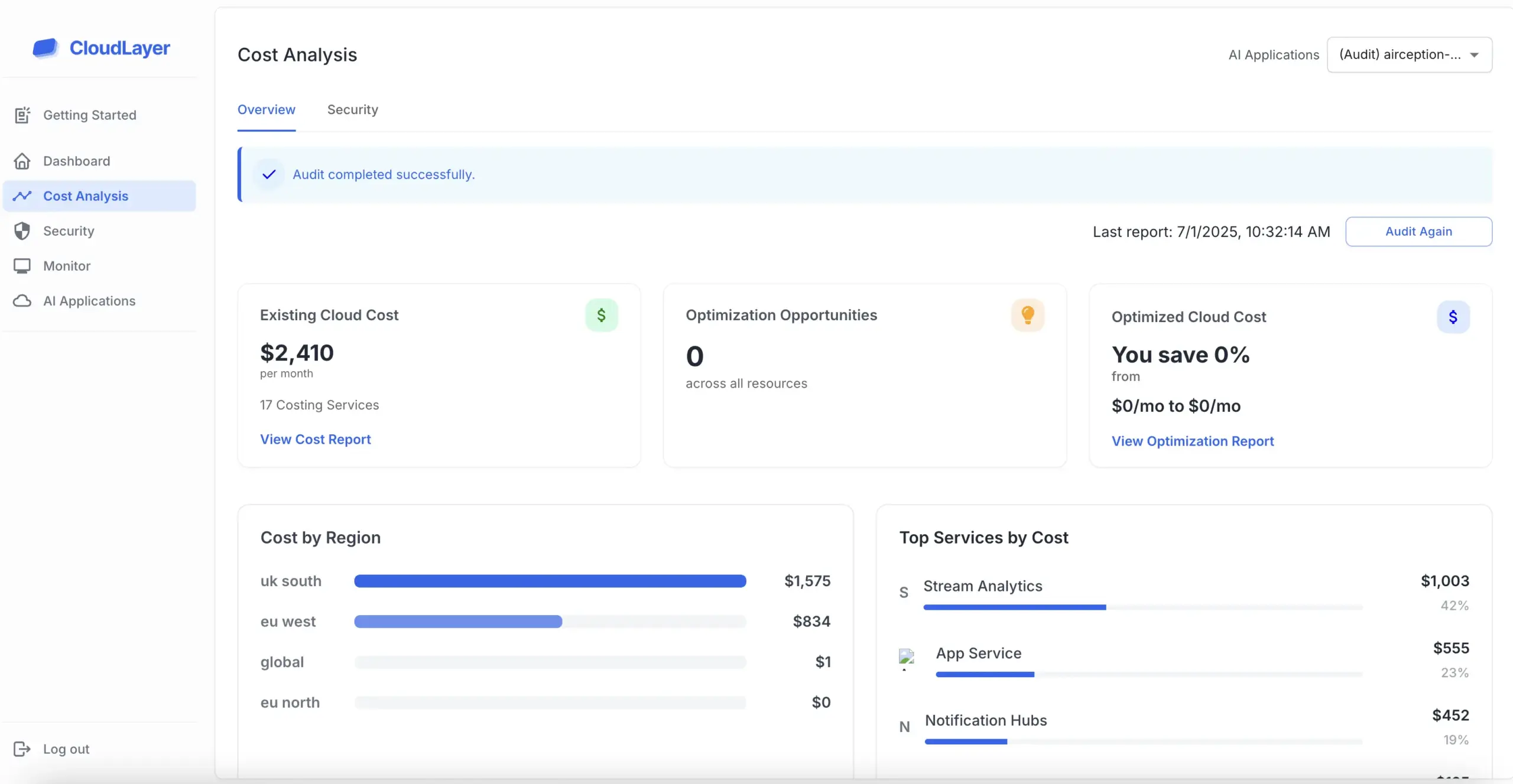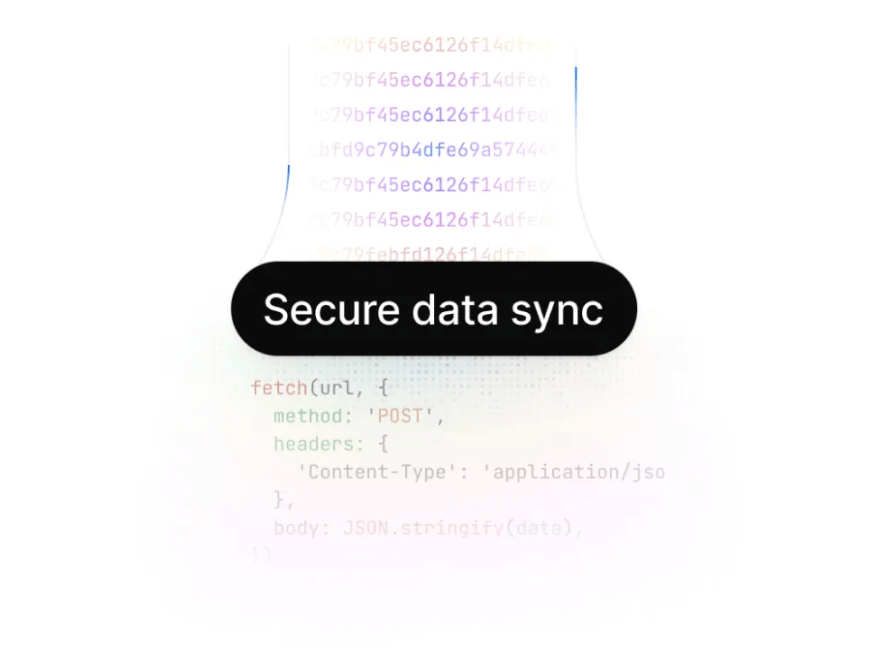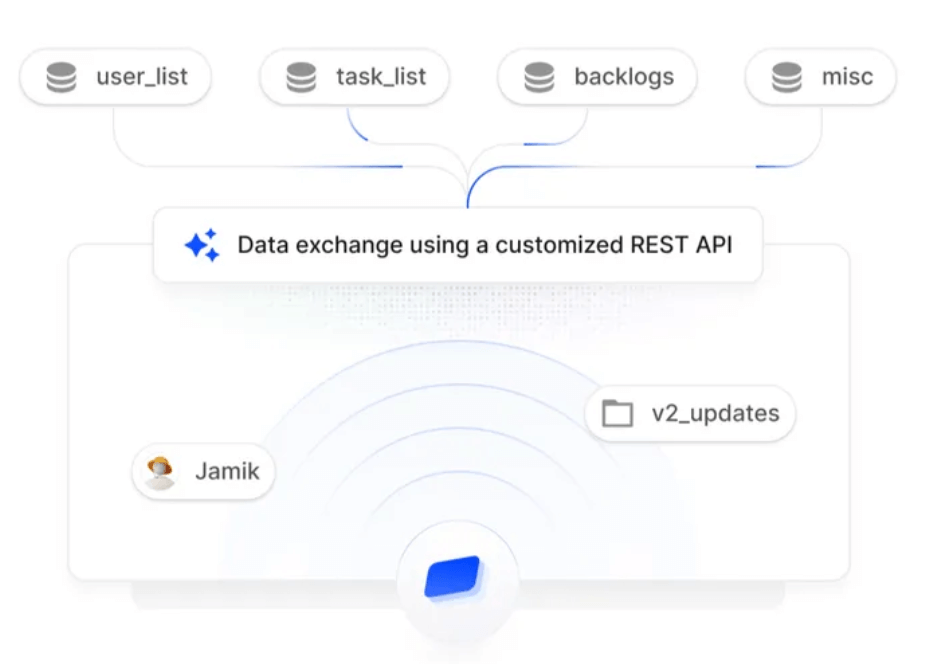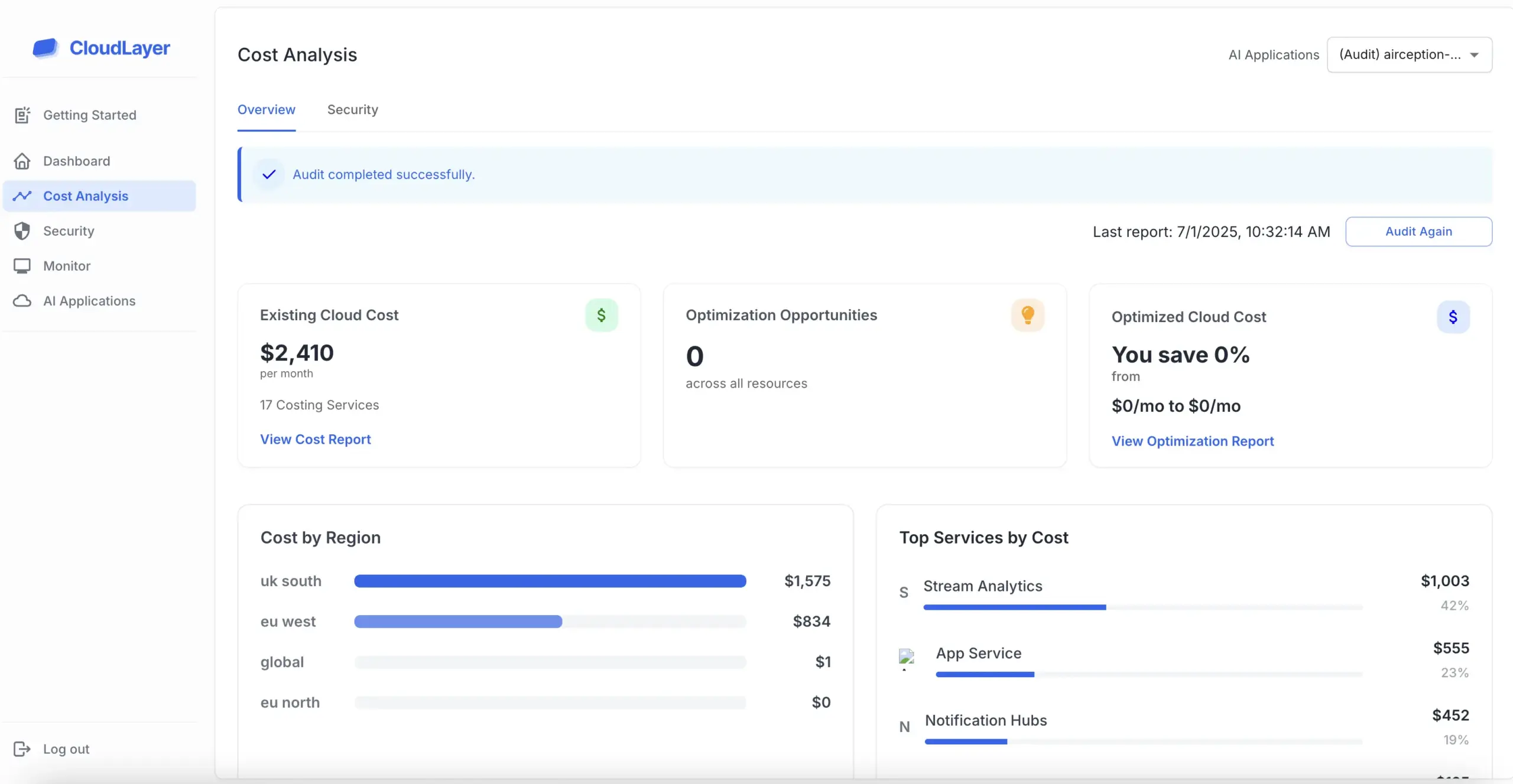

HIPAA compliance refers to the adherence to regulations set forth by the HIPAA law aimed at protecting personal health information. This includes ensuring that all electronic, written, and oral data is secured against unauthorized access.

The main components of HIPAA compliance include the Privacy Rule, Security Rule, and the Breach Notification Rule. Each of these components outlines specific requirements for protecting patient information and responding to breaches.

Achieving HIPAA compliance brings numerous benefits, including enhanced patient trust and improved operational efficiency. Organizations that comply with HIPAA are seen as more reliable and professional.

Organizations can achieve HIPAA compliance by conducting a thorough risk assessment, implementing necessary safeguards, and training staff on compliance protocols. Regular audits and updates to policies are also essential to maintain compliance.

